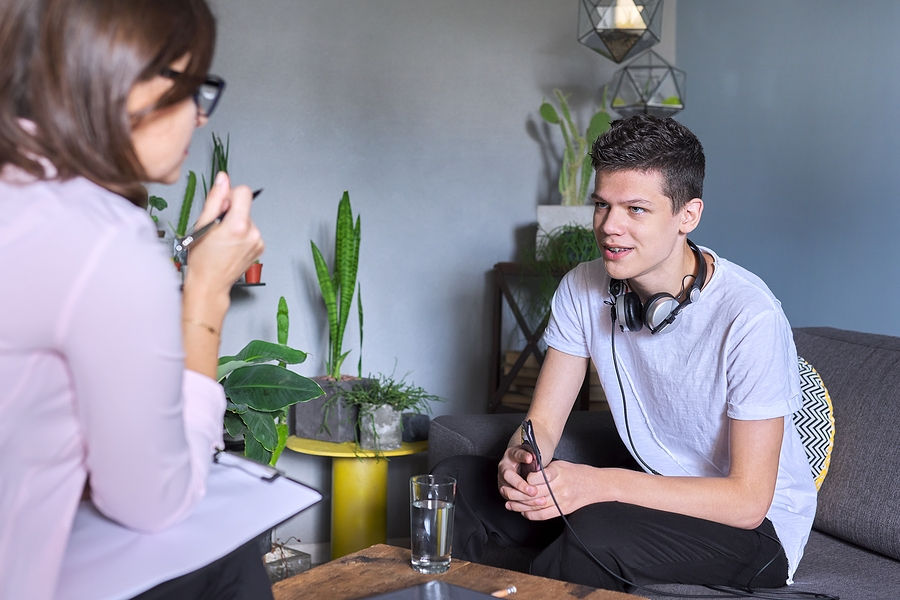Albuquerque Child Therapy - Top Reasons Why it is Highly Beneficial
- Kevin Kenealy

- Jun 22, 2022
- 2 min read

It may be challenging for parents to determine if their child's conduct is typical as they grow up or a symptom of a more severe problem. Moodiness, anxiety, and difficulty in social and academic settings are normal in childhood. We all go through these at some point in our lives. However, more severe concerns may require further care, such as treatment. You're already doing an excellent job as a parent if you've come to our site in search of quality information to help you decide what to do for your child.
Outside events can influence a child's emotional, social, and cognitive development in addition to their home environment and interactions with adults. Even though you may not be able to manage every aspect of your child's life, understanding accessible services can help them cope.
Even youngsters aren't immune to mental health issues. According to the CDC, a mental, behavioral, or developmental issue affects 1 in 6 American children aged 2–8 years old (17.4 per cent). Although it's not tremendous, it's certainly more significant than most people think. There's no need to freak out, though. Parents know their child best. Do what seems right, even if you're not sure what it is. If you're unsure, getting it looked at by seeking therapy is preferable. The most effective defense is to go on the attack.
Child Therapy's Positive Impact on Children
Child therapy is an excellent technique to assist children in coping with the difficulties they face in everyday life. Reduced anxiety and sadness, improved self-esteem and social skills, and a stronger sense of identity are all aided by this therapy. It is possible for youngsters who see a professional to learn how to manage their emotions better and understand the link between their feelings and their conduct.
What's the Purpose?
In every aspect of their lives, young people face challenges. Children, like adults, are subjected to various stresses and difficulties, some of which are within their control and others beyond their control. In contrast to adults, children frequently require the assistance of others to succeed.
What Is the Mechanism?
Your kid's therapist works hard to establish a relationship of trust with your child so that they can speak frankly with each other. No form of treatment, the fundamental objective of a kid's therapist is to provide a secure, comfortable environment where the child can open about themself and express their thoughts and feelings. In addition to cognitive-behavioral therapies and trauma-focused EMDR, other types of psychotherapies include play and family therapy and different specialized approaches. These may be done in various ways, depending on your child's developmental stage and what interests them. Drawing and constructing are popular pastimes among children, so they may be used as tools to help them work through a session.
Summing it All Up
Our view of child treatment should evolve along with the cultural stigma around these services. By promoting the mental health of our children, we are ensuring that future generations will be better equipped to deal with adversity than those who came before them.







Comments